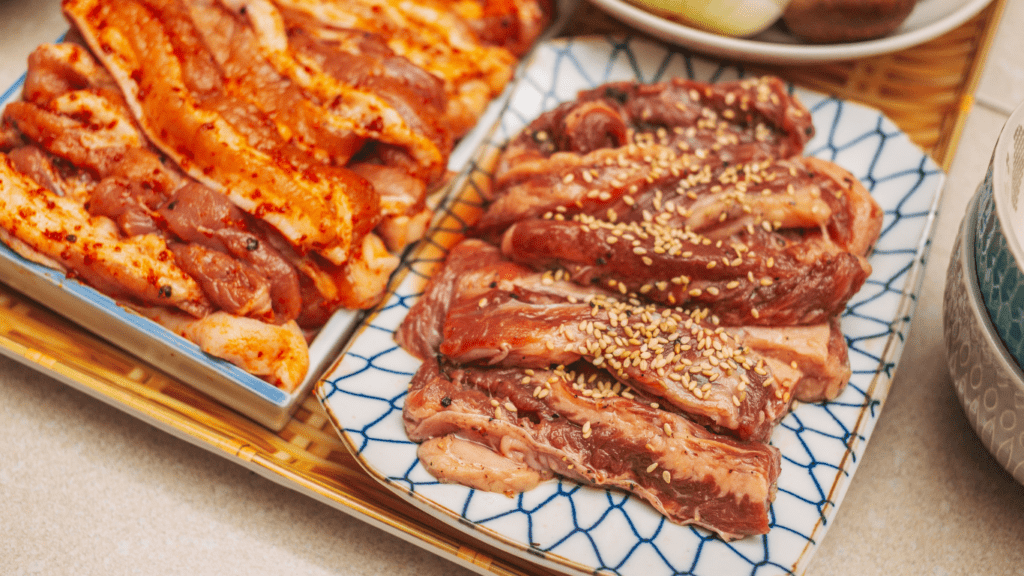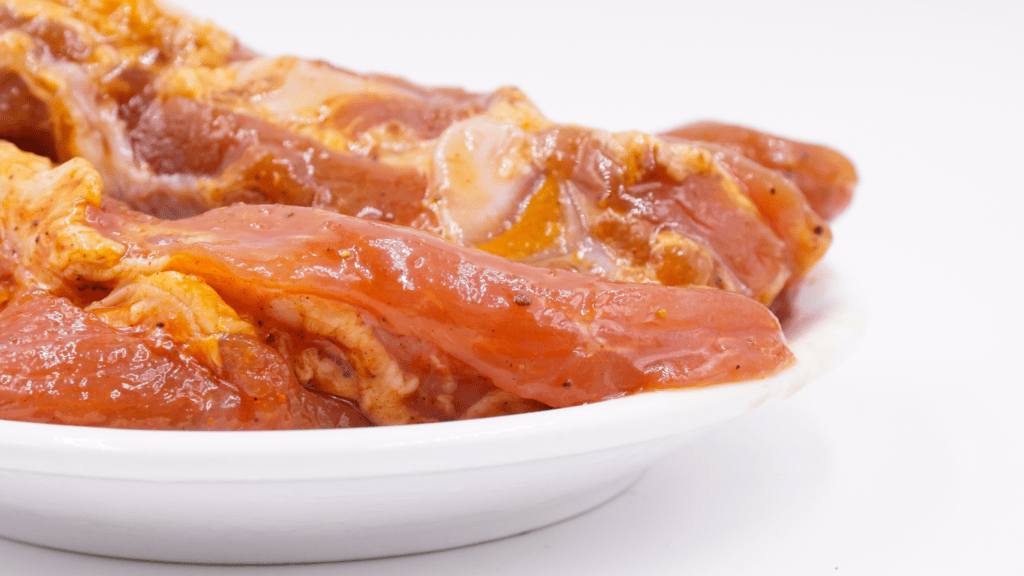Marinating is more than just soaking meat in a sauce; it’s a culinary art form that can elevate flavors to new heights. In this article, I’ll delve into the science behind marinating and share expert tips on how to unlock maximum flavor in your dishes. From understanding the role of acids in tenderizing meat to the magic of flavor infusion, we’ll explore the secrets that make marinating a game-changer in the kitchen.
I’ve spent years experimenting with different marinades and techniques, and I’m excited to pass on my knowledge to help you level up your cooking skills. Whether you’re a seasoned chef or a novice in the kitchen, mastering the art of marinating can take your dishes from ordinary to extraordinary. Join me on this flavorful journey as we uncover the science behind marinating and learn how to create mouthwatering meals that will impress even the most discerning palates.
Understanding the Importance of Marinating
Delving into the nuances of marinating reveals its profound impact on the final taste of dishes. Marinating isn’t just a simple process but a transformative technique that can elevate even the most basic ingredients. By understanding the science behind marinating, one can unlock a world of flavors and textures that enhance culinary creations to new heights.
Marinating Techniques for Optimal Flavor
I believe that selecting the right ingredients is crucial in the marinating process. It’s important to choose fresh herbs, spices, oils, and acidic components that complement each other and the type of meat being marinated.
When it comes to incorporating acid for tenderizing, I’ve found that citrus fruits like lemon or lime juice, vinegar, yogurt, or buttermilk work wonders. These acidic ingredients not only add flavor but also help break down the muscle fibers in the meat, resulting in a more tender and flavorful dish.
The Role of Time in Marination
Understanding the role of time in marination is crucial to achieving the perfect balance of flavors in your dish. When marinating meat, it’s essential to consider the duration for which you allow the ingredients to work their magic.
Marinating for too short a time may result in bland flavors, as the ingredients haven’t had sufficient time to penetrate the meat fibers. On the other hand, marinating for too long can lead to the meat becoming mushy or overly tangy due to prolonged exposure to acidic components.
Ideally, marinating times can vary depending on the type of meat and the ingredients used. For example, delicate proteins like fish or shrimp may require shorter marinating times compared to tougher cuts of beef or pork.
To maximize flavor infusion, it’s recommended to marinate meat for at least 30 minutes to a few hours in the refrigerator. This allows the acids to tenderize the meat while the flavors develop, resulting in a more flavorful and succulent dish.
By understanding and controlling the marinating time, you can master the art of marination and elevate your dishes to new culinary heights.
Tips for Enhancing Flavor Absorption
In enhancing flavor absorption during marination, I focus on key factors that can elevate your dish to a whole new level. Here, I share expert tips based on my culinary experience to help you maximize flavor infusion in your marinated dishes.
- Prepare the Meat: Before marinating, ensure the meat is properly prepped. This includes scoring or piercing the meat to create openings for the marinade to penetrate. By preparing the meat effectively, you set the stage for optimal flavor absorption.
- Use Acidic Ingredients: Incorporating acidic elements like vinegar, citrus juice, or yogurt in your marinade can help tenderize the meat and enhance flavor absorption. Acidic ingredients not only add a tangy taste but also break down protein structures, allowing flavors to seep in deeply.
- Add Salt Wisely: Salt plays a crucial role in marination as it not only seasons the meat but also aids in flavor absorption. However, using too much salt can draw out moisture, so it’s essential to salt the meat moderately to enhance flavor without dehydrating it.
- Include Natural Tenderizers: Opt for natural tenderizing ingredients such as pineapple, kiwi, or papaya, which contain enzymes that help soften the meat. Incorporating these fruits in your marinade can improve texture and assist in flavor absorption.
- Massage the Meat: To ensure the marinade reaches every nook and cranny of the meat, massage it gently before letting it marinate. This step helps the flavors permeate the meat thoroughly, resulting in a more flavorful end product.
By following these tips, I’ve been able to enhance the flavor absorption in my marinated dishes significantly. Incorporating these techniques into your marinating process can take your culinary creations to the next level, offering a burst of delicious flavors in every bite.



 Nutrition Specialist
As a certified nutritionist, Victoria focuses on promoting healthy eating through balanced meal ideas. She is dedicated to empowering readers to make informed food choices and understand the benefits of nutrition. Victoria's articles feature practical tips and delicious recipes that cater to various dietary needs, making healthy eating accessible for everyone.
Nutrition Specialist
As a certified nutritionist, Victoria focuses on promoting healthy eating through balanced meal ideas. She is dedicated to empowering readers to make informed food choices and understand the benefits of nutrition. Victoria's articles feature practical tips and delicious recipes that cater to various dietary needs, making healthy eating accessible for everyone.
